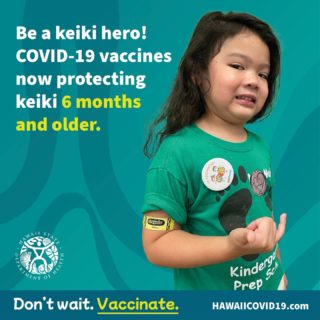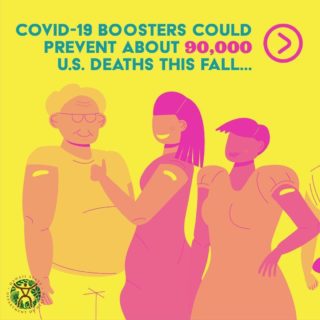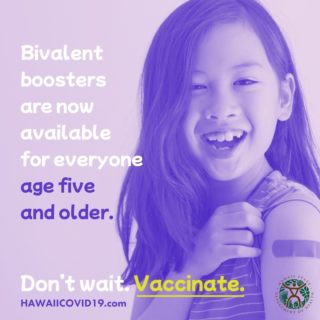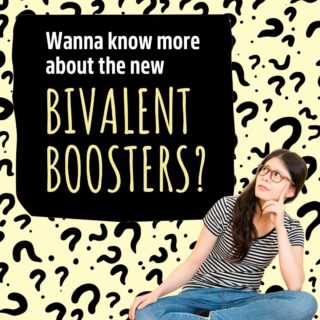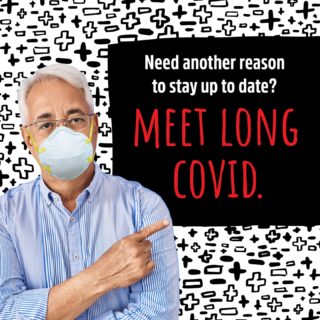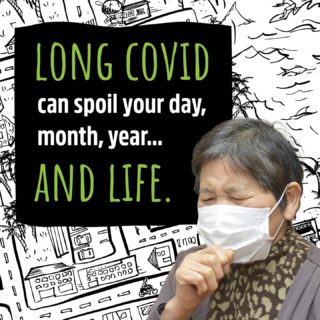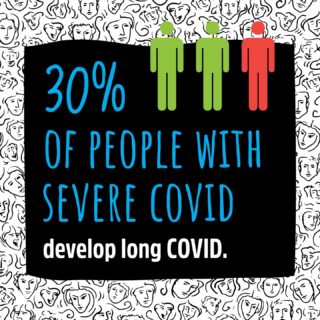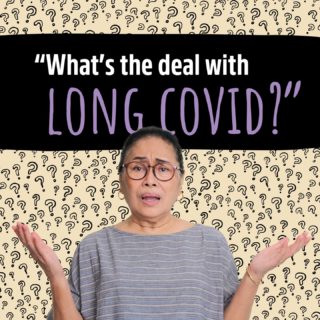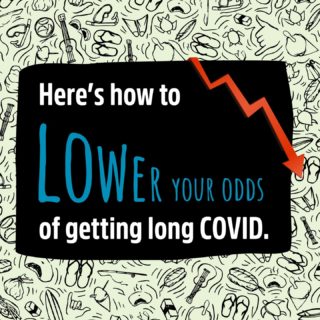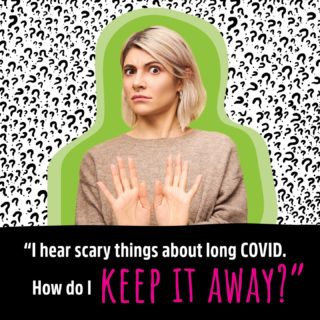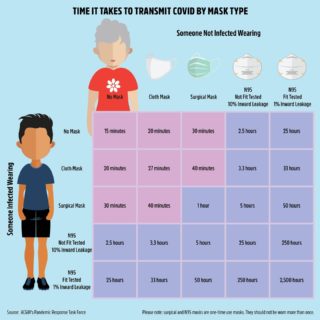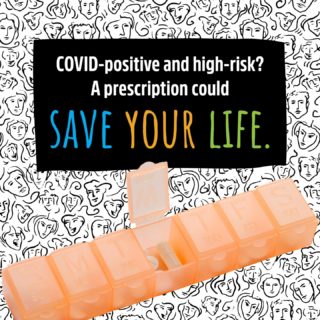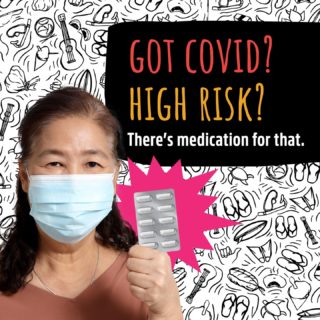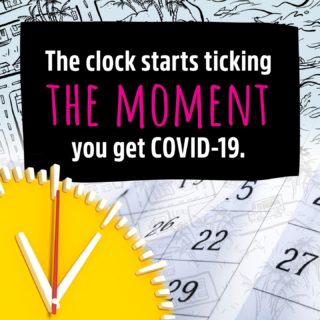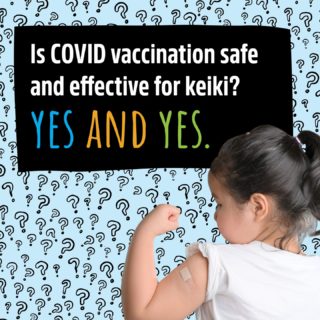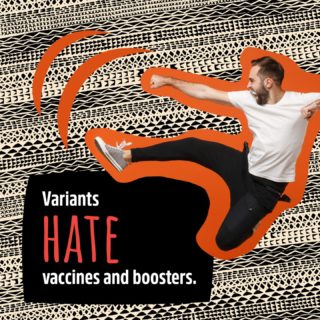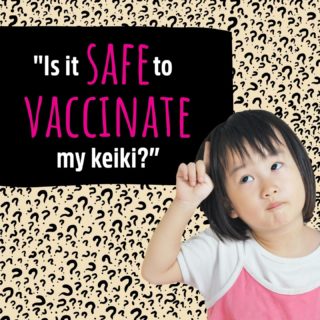We received so many questions regarding the new bivalent boosters, we gathered the questions and answers together in one place to make the information easier to find. If you don’t find what you’re looking for here, you may also try visiting https://hawaiicovid19.com/vaccine-faqs or submitting a new question above.
What are the new bivalent boosters?
Like other viruses, the virus that causes COVID-19 changes over time. And, just like other vaccines and boosters, doctors and researchers are continually working to improve COVID-19 vaccines.
The FDA has authorized two bivalent boosters – one by Moderna and the other by Pfizer. They are specifically formulated to protect against COVID subvariants, BA.4 and BA.5, and their sublineages, in addition to the original strain of COVID.
Who is eligible for the bivalent boosters and when can they get it?
Anyone 6 months and older who has completed their primary series of Moderna can receive a bivalent booster if it has been at least two months since their most recent vaccination/booster.
Anyone age 5 and older who completed their primary series of Pfizer can receive a bivalent booster if it has been at least two months since their most recent vaccination/booster.
Keiki six months through 4 years of age who received two of their three primary doses of Pfizer vaccines will receive a bivalent vaccine as their third primary dose. Keiki who completed all three doses of Pfizer’s primary series are not yet eligible for a bivalent booster.
Does the bivalent booster brand need to match my previous COVID shots?
People 6 and older can mix and match brands. In most cases, the recommendation is to get either a Pfizer or Moderna bivalent booster. Keiki ages 6 months through 5 years who completed a Moderna primary series are eligible only to receive a Moderna bivalent booster. Keiki 6 months through 4 years who completed a Pfizer primary series are not eligible for a bivalent booster.
What if I’m just getting over COVID? Can I still get the bivalent booster?
Yes. However, since a prior COVID infection provides you with a degree of immunity, you may want to consider delaying your bivalent booster by 3 months from when your symptoms started or – if you had no symptoms – when you last received a positive COVID test.
Please note, individual factors such as your risk for severe COVID or high levels of COVID in the community should be taken info account when determining the timing of your booster shots after infection.
If you have specific questions regarding your situation, please check with your healthcare provider.
Where can I get the bivalent booster?
Your healthcare provider may be offering the bivalent booster.
Additionally, you can find booster providers near you by visiting https://www.ourbestshothawaii.org/vaccination-locations or https://www.vaccines.gov/search. On both sites, you can input your zip code and the type of booster you’re looking for to find nearby providers who have available appointments.
Sources: https://www.fda.gov/emergency-preparedness-and-response/coronavirus-disease-2019-covid-19/covid-19-bivalent-vaccine-boosters (FDA)
https://www.cdc.gov/vaccines/covid-19/clinical-considerations/interim-considerations-us.html (CDC)
https://www.cdc.gov/coronavirus/2019-ncov/vaccines/stay-up-to-date.html (CDC)
https://www.mayoclinic.org/coronavirus-covid-19/vaccine#expert-videos (Mayo Clinic)
https://www.scientificamerican.com/article/when-should-you-get-the-new-covid-booster-and-the-flu-shot (Scientific American)
https://www.adventhealth.com/blog/you-should-get-a-flu-shot-if-youve-had-covid-19-heres-why (Adventist Health)
https://www.cdc.gov/flu/season/faq-flu-season-2020-2021.htm#anchor_1597410034241 (CDC)
https://mvec.mcri.edu.au/smh-the-flu-shot-when-is-it-safe-to-get-it-after-having-covid (Melbourne Vaccine Education)
Updated 12/12/2022

